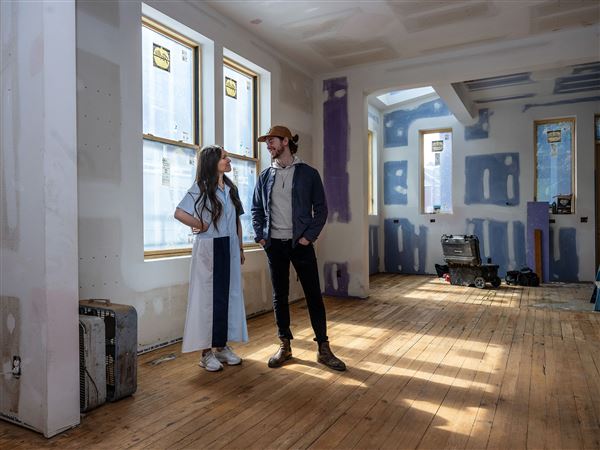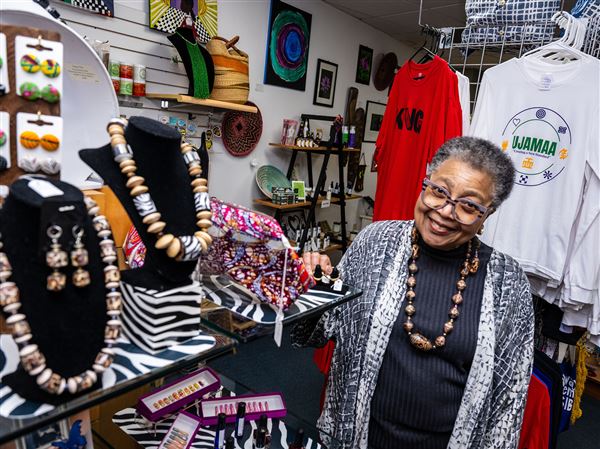The Pennsylvania Public Utility Commission has slapped tens of thousands of dollars in fines on ride-share companies Lyft and Uber, and filed new civil complaints against two dozen ride-share drivers for violating state law.
According to court records dated June 5, Lyft has been fined a total of $130,000 and Uber has been fined $95,000. Lyft was penalized $1,000 per day, retroactive to the date of its Feb. 7 kickoff party in Pittsburgh, and $1,000 each for 12 individual trips taken by a PUC enforcement officer in March and April.
Uber, which launched in Pittsburgh on March 13, was fined $1,000 per day from its launch, as well as an additional $1,000 each for 11 trips taken by the PUC enforcement officer.
“It’s an unfortunate situation that this is the avenue that we are forced to take to get the overall company to comply,” said PUC spokeswoman Jennifer Kocher. She said the commission’s main concern was the safety of the public. “They can say they do background checks and that they inspect the vehicles for safety, but we have no proof of that.”
Ms. Kocher said the PUC met with both companies early on and communicated, both verbally and in writing, what needed to be done to comply with Pennsylvania law. “They were fully aware of the law, but they chose to begin operating without having the proper license — before they even applied for the proper license,” she said.
Each of the 23 complaints made by the PUC’s Bureau of Investigation and Enforcement against ride-share drivers includes a proposed $1,000 civil penalty and a request to the Pennsylvania Department of Transportation to suspend the individuals’ vehicle registrations. This same group of drivers were each cited in April for operating a passenger carrier without a certificate of public convenience.
Asked why the drivers were in essence being penalized twice, Ms. Kocher said the previous citations had not served as a deterrent to Lyft and Uber.
READ: All you need to know about Lyft, Uber and ride sharing in Pittsburgh
Neither ride-share company responded to requests for comment Monday. None of the cited ride-share drivers contacted by the Post-Gazette on Monday would comment, except to say they had not yet received the civil complaints.
Lyft and Uber are San Francisco-based companies that have enlisted drivers in Pittsburgh and other cities to use personal vehicles to give rides. They connect drivers and riders via smartphone apps. The companies arrived in the region to great fanfare from Pittsburghers who felt they had a dearth of transportation options. The ride-share companies were staunchly opposed by taxi companies, which likened them to illegal jitneys skirting the law.
Lyft has said since its drivers are not paid, but rather receive suggested donations from passengers, it is not subject to the PUC regulations for passenger transportation companies. But the Public Utility Commission has maintained that offering any compensation for transportation without a certificate of public convenience violated state rules.
Ms. Kocher said there is no limit to the daily fines the PUC can impose on the ride-share companies. She added that there was no provision within the commission’s regulations to cite passengers of ride-share vehicles.
Both Lyft and Uber have applications pending before the PUC to obtain certificates of experimental service, a special class of transportation business not already encompassed by its regulations. Since formal protests have been filed against those applications, they require formal hearings.
Yellow X, a similar peer-to-peer ride sharing service proposed by Yellow Cab, a vocal opponent of Lyft and Uber in Pittsburgh, received its experimental service certificate last month, with no protest filed against it.
Both Pittsburgh Mayor Bill Peduto and PUC chairman Robert Powelson have expressed support for amending current regulations to allow companies like Lyft and Uber to operate legally in Pittsburgh and statewide.
QUESTION: What’s the future of Lyft, Uber and other ride-share companies in Pittsburgh? Will they survive the pressure? What do you think? Leave your comment below.
First Published: June 10, 2014, 4:06 a.m.















